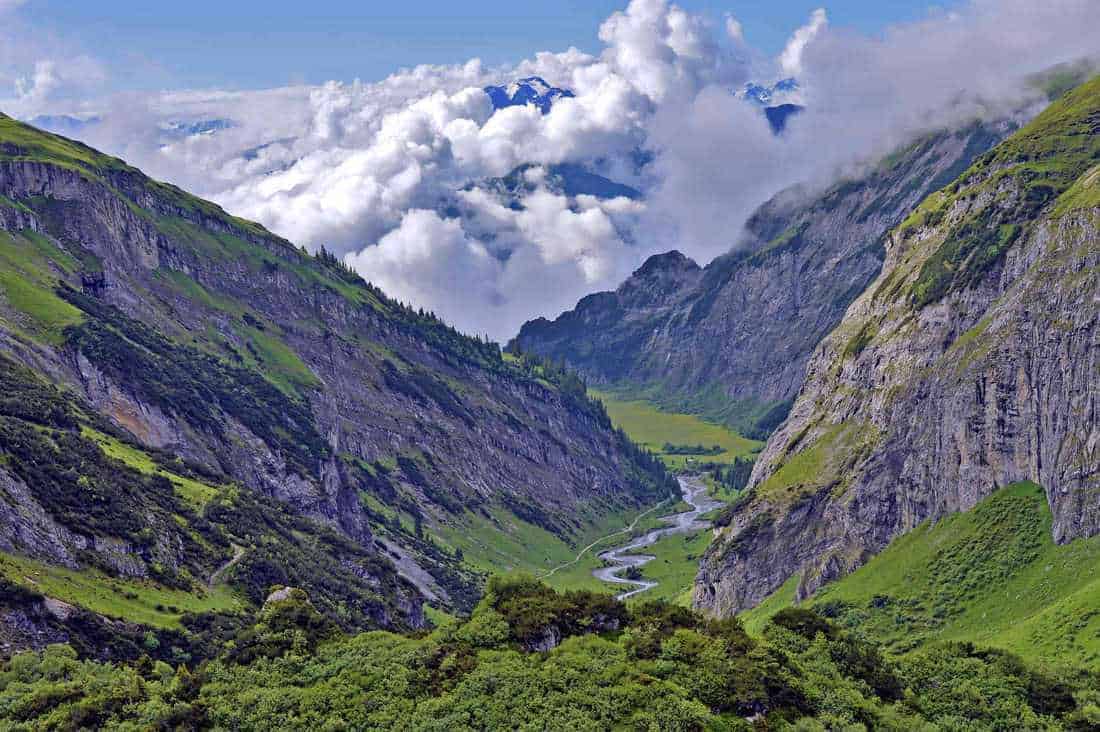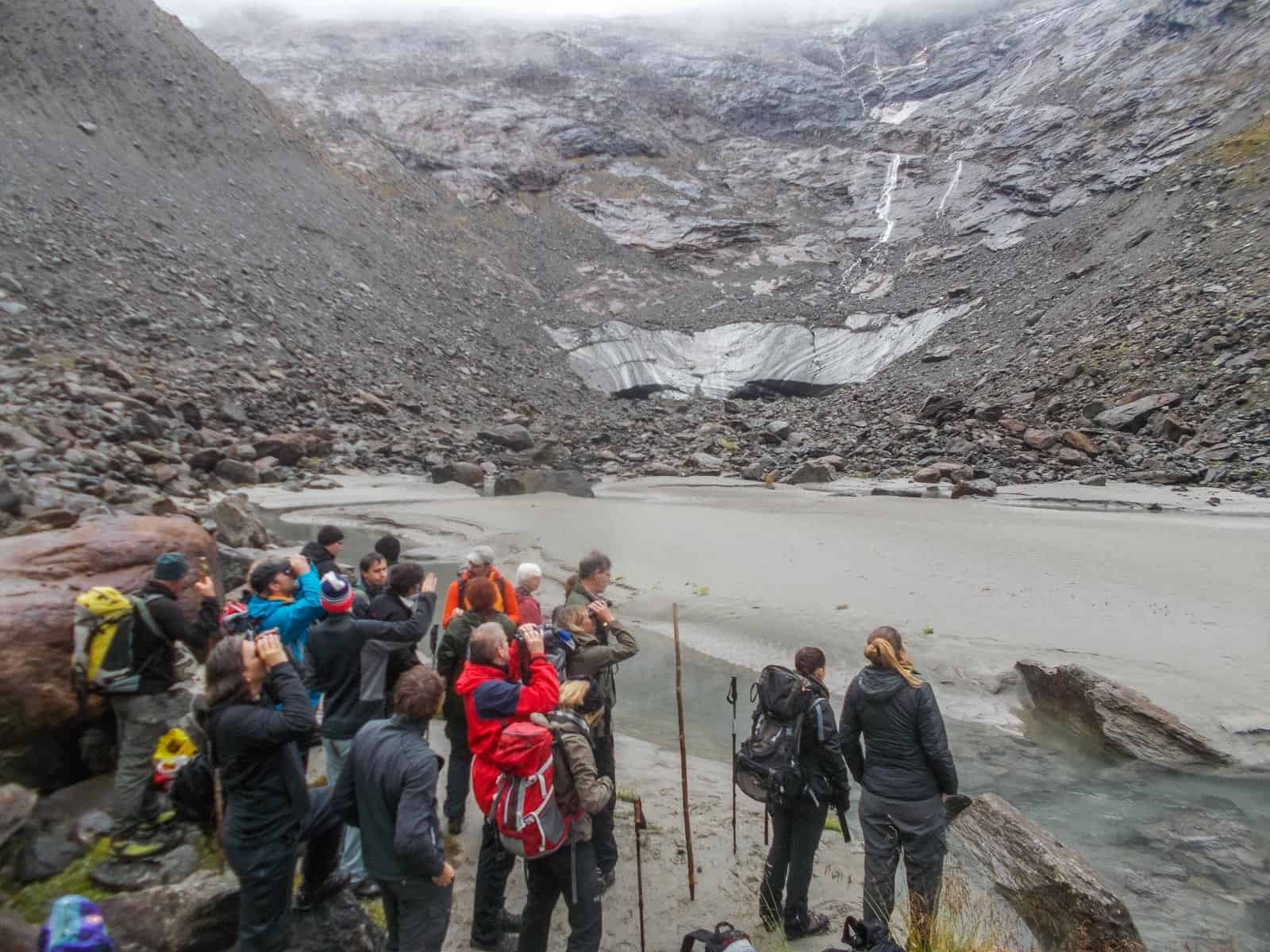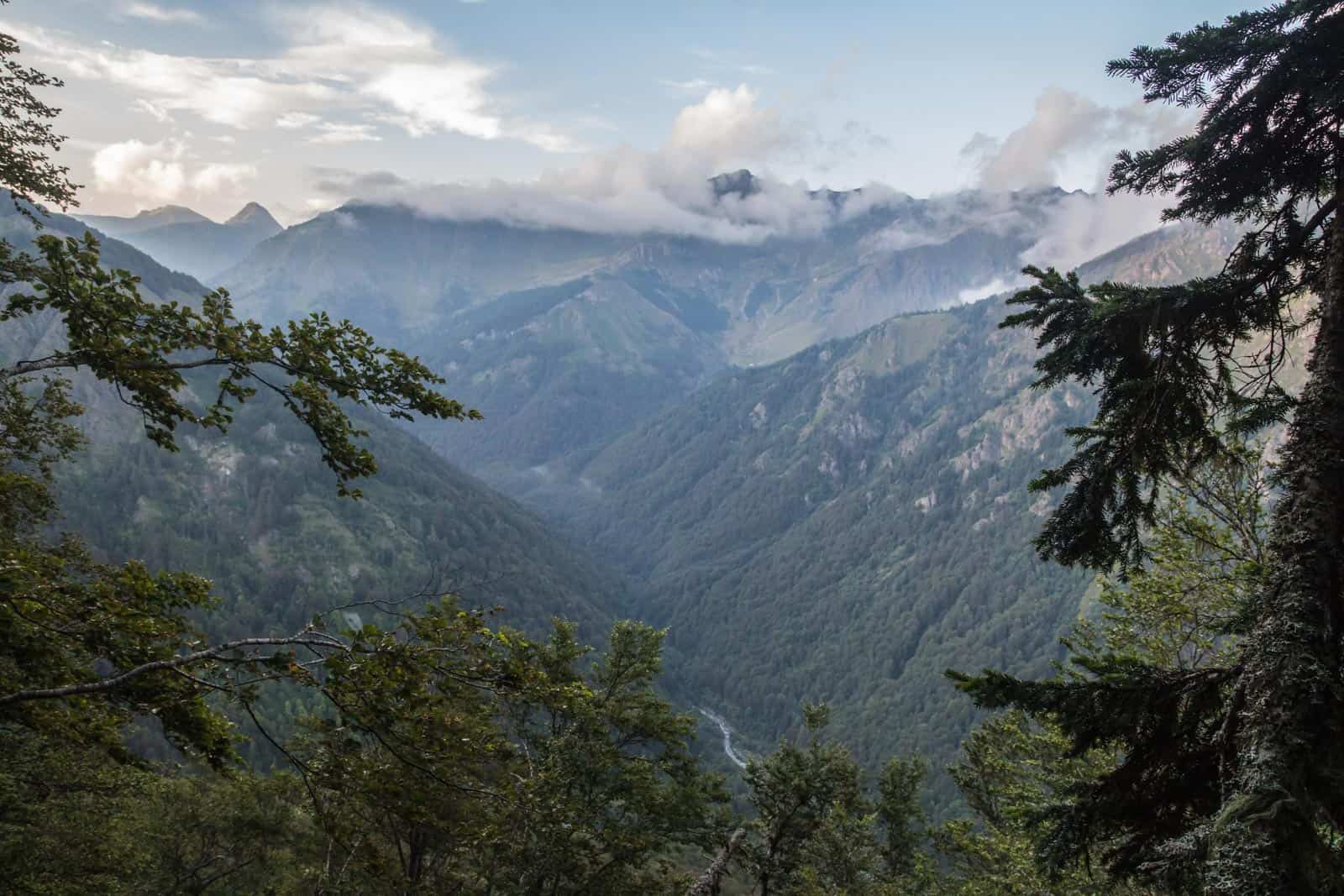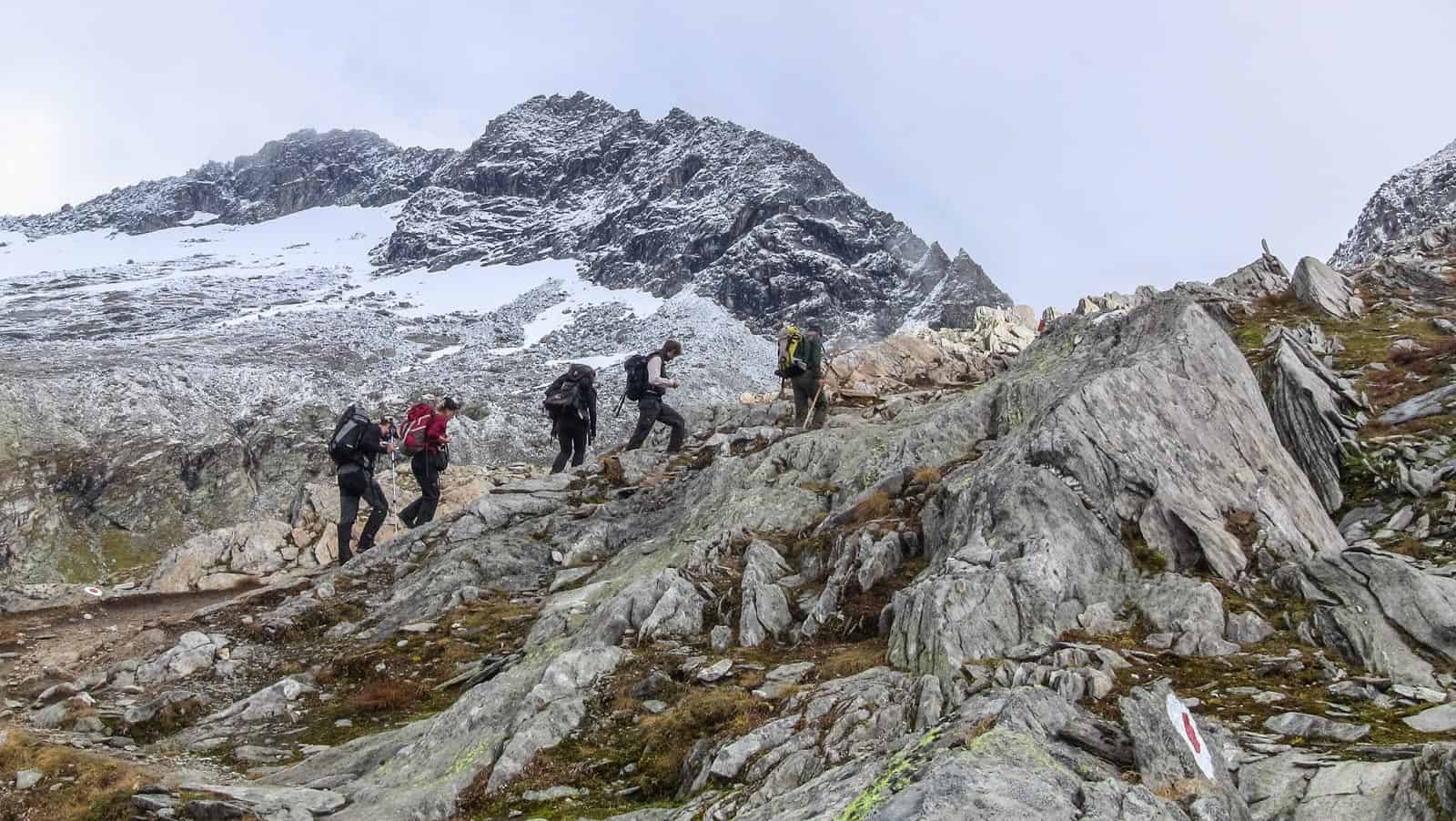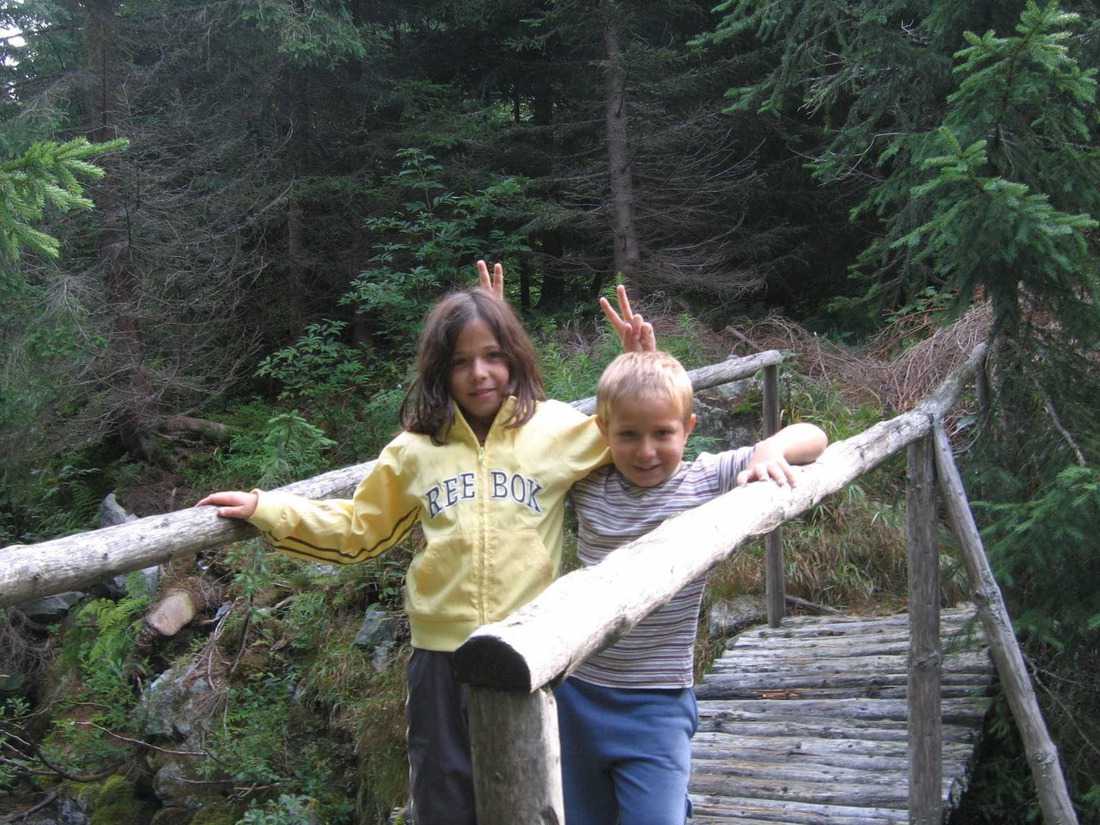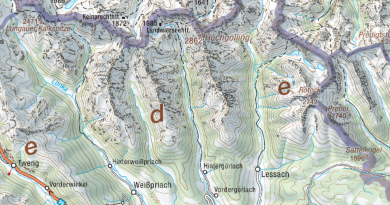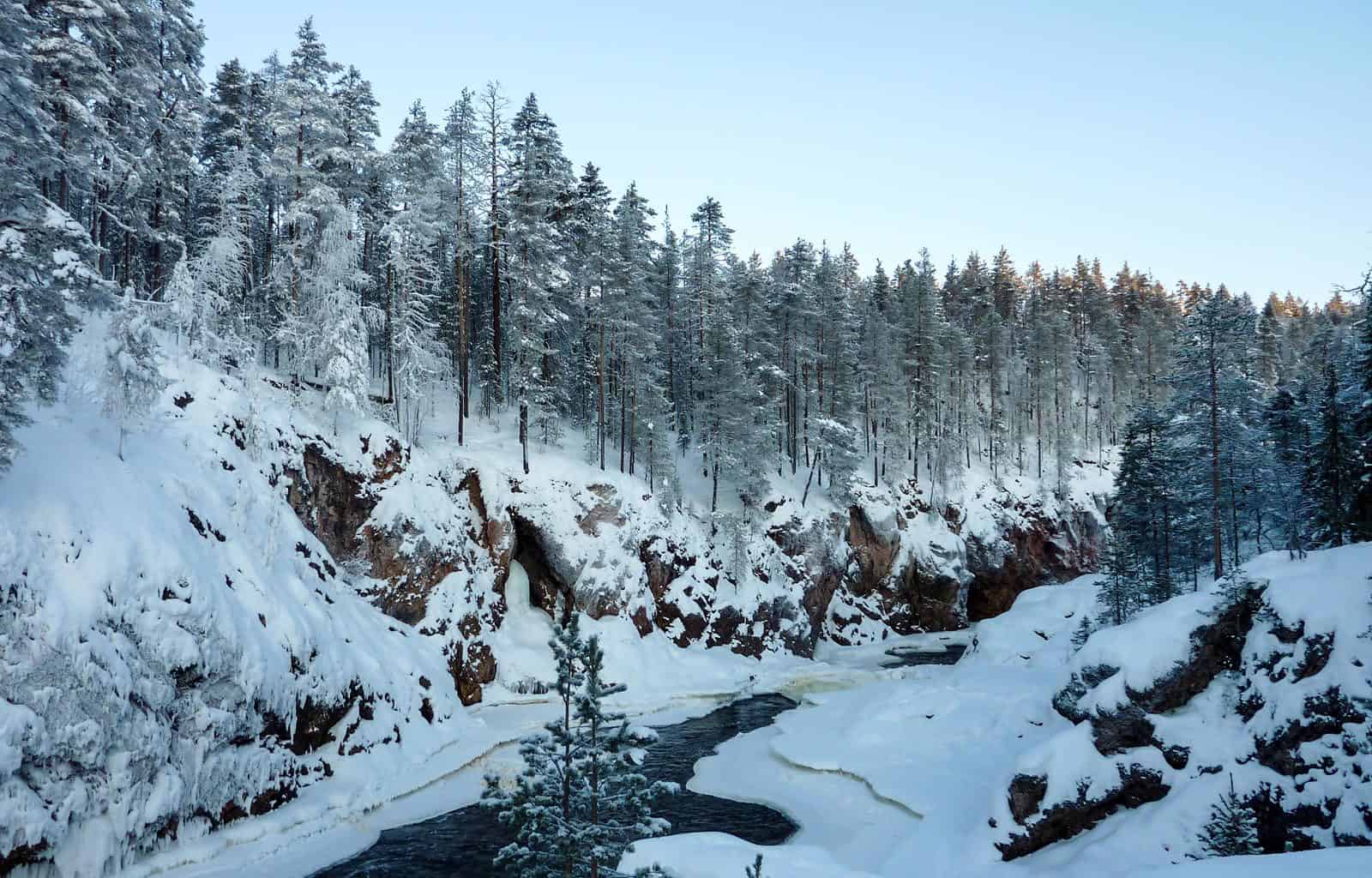Always look on the bright side of life
Conservation optimism
In conservation, there are always new depressing reports coming out about how the global biodiversity is declining, and more species are going extinct. This may make conservation seem senseless and drive people to apathy as it may seem that whatever we do, extinctions and further destruction seem inevitable. However, a new initiative has been started recently that aims to highlight the stories with a successful outcome in conservation. Conservation optimism aims to inspire and empower people around the world to make a positive difference for nature.
Please also read: Wilderness is Biodiversity
Focus on the positives
Related to promoting positive stories in conservation, a so-called Green List has recently been proposed by Akcakaya et al. (2018). The Green List is similar to the well-known IUCN Red List, where species are listed depending on their level of threat. However, the Green List focuses on the positives – conservation success. Namely how successful conservation was for a certain species, and the potential for conservation gain. The Green List could be used as an alternative to the Red List for conservation prioritisation. Here though, instead of focusing on the most endangered species, the focus would shift to the species for which conservation can make most difference.
But what is conservation success? Usually, species recovery is the defining feature of it, but its definition is often unclear. To quantify recovery, we can look at the increase in range, population size or species ecological functionality. Equally, we can identify whether the species depends on conservation for its long-term survival, how helpful past conservation has been and what the expected gains from future conservation are. Thus, we can use the list as an incentive for funders and decision-makers to invest into species that are most likely to gain from conservation, rather than solely the critically endangered species which may be beyond saving.
Saving Wilderness
The remaining European Wilderness areas are crucial for conservation because of their high biodiversity and fully functioning ecological processes. Here, at European Wilderness Society, we are therefore trying to protect these areas by establishing the European Wilderness Network, which will help with the recognition of the importance of these areas for conservation. These areas are unique in their lack of human influence and are the last examples of pristine nature in Europe. By conserving these areas, we contribute massively to the preservation of Europe’s natural heritage.

